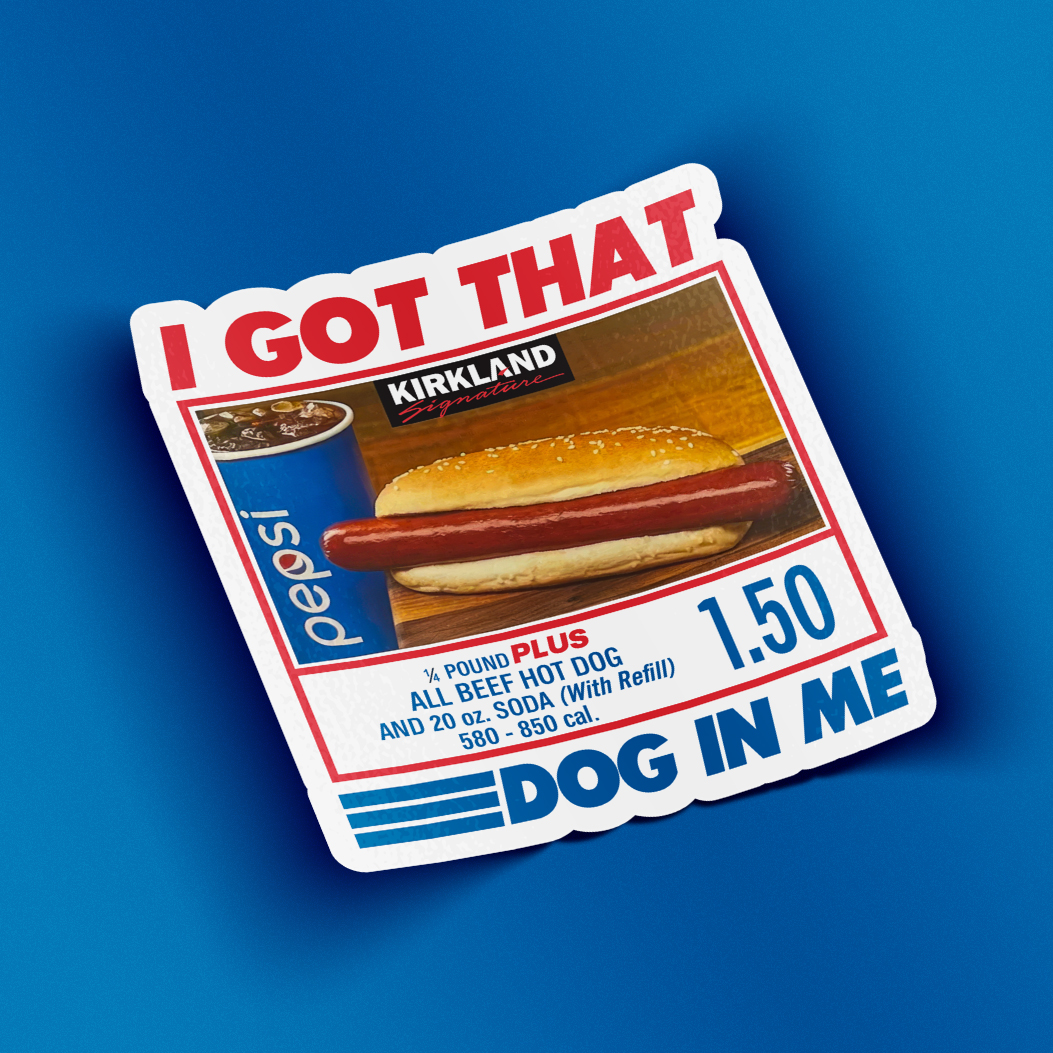Michael Bolton is known for his massive pop pipes, and he’s also lowkey hilarious. (Just check out his Funny or Die spoof of Office Space or The Lonely Island’s “Jack Sparrow.”) Still, never forget that before he climbed the pop charts, he tried to be a full-fledged rock star.
Bolton, whose last name is actually Bolotin, once fronted the short-lived hard rock band Blackjack. The band featured a post-Meat Loaf, pre-KISS Bruce Kulick on guitar, and they released two albums: Their 1979 self-titled debut and 1980’s Worlds Apart. Before Blackjack, Bolton was signed to RCA. He released two rock albums under the name Michael Bolotin: His 1975 self-titled debut and 1976’s Everyday of My Life.
Between Blackjack and his pop stardom, Bolton tried again to make it as a rocker. Forty years ago this month, he released Michael Bolton. The album was eventually certified gold nearly a decade later in 1992. It featured the single “Fools Game.” It’s undeniably a rock song, but his pop sensibilities are clearly starting to creep in.
RELATED: Black Sabbath Once Auditioned Michael Bolton to be Their Lead Singer
Interestingly, Bolton then leaned more into his rock bag and released Everybody’s Crazy in 1985. Its title track got a bit of a boost from being featured on the soundtrack for the 1986 Rodney Dangerfield movie Back to School. Unfortunately, he just couldn’t break through in the rock world.
Bolton, of course, would eventually break out on the pop charts in a big way thanks to 1987’s The Hunger. It was essentially his last chance to be a successful singer with his then-current label Columbia Records. He told Classic Pop in August 2020, “Columbia’s president, Al Teller, told me the secretaries at the label were taking home the demos I sang of the ballads I was writing for other singers. Al told me he wanted to make another record with me, but not a rock album: he wanted a record like the songs the secretaries were taking home.”
The rest is history. As for his rock past, Bolton said, “I don’t think I’d go back in time and bet on the songs that didn’t succeed. They might have felt good songs at the time, but the truth is, I was more pleasantly surprised by material I wasn’t sure of becoming a hit than experiencing the feeling of ‘Hey, how come that wasn’t a smash?’”


